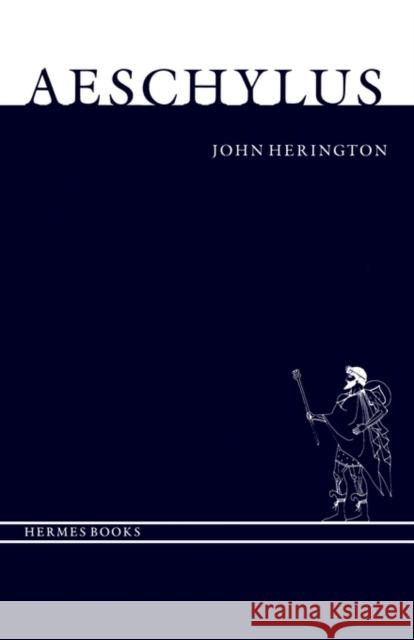Aeschylus » książka
Aeschylus
ISBN-13: 9780300036435 / Angielski / Miękka / 1986 / 204 str.
Aeschylus can be called the creator of the art of tragedy in the Western tradition. Author of the first dramas that have survived in their entirety, he was also one of the world's greatest lyric and imaginative poets. This book by John Herington is designed to introduce all aspects of his majestic achievement to the general reader.
Herington begins by sketching the background to Aeschylus' plays. He first explains the very ancient mythical conception of our universe in which Aeschylus was brought up and which continued to shape his dramaturgy and poetic expression throughout his career. Herington next discusses Athens and the momentous transition that it was experiencing during Aeschylus' later years: the transition from age-old traditional ways of life and thought to the Periclean Enlightenment. The background material concludes with a description of the contemporary Athenian theater, which also was undergoing a crucial transition from a primarily choral performance toward an art that could be described as drama.
In the second half of the book, Herington focuses on the plays of Aeschylus, providing many illustrative quotations that he himself has translated. There is a chapter on the poetry of the lost plays as they are revealed in ancient quotations and descriptions. There are then expositions of the seven extant tragedies, all of which were produced in the period between 472 B.C. and Aeschylus' death in 456. Each play is presented to the reader not so much in summary as in vivid scenario, with concentration on the climactic points at which Aeschylus orchestrated all his poetic, histrionic, musical, and choreographic resources. Herington suggests that the sequence of the extant plays as a whole constitutes a commentary by this very great poet on the intellectual, political, and religious upheaval taking place in Athens during his last years, and that therein lies part of the endless fascination of the plays.











